Keywords: Religious Beliefs
There are more than 200 results, only the first 200 are displayed here.
-

RELIGION
- Andrew Hamilton
- 06 May 2021
17 Comments
The laying on of hands has been associated with controverted change in Western religious societies. Central in religious societies, it became neuralgic in cultures seeking to mark out clear boundaries between religion and such domains as politics, science and medicine and demography. To appreciate the significance of the action, it is worth reflecting on its history.
READ MORE 
-
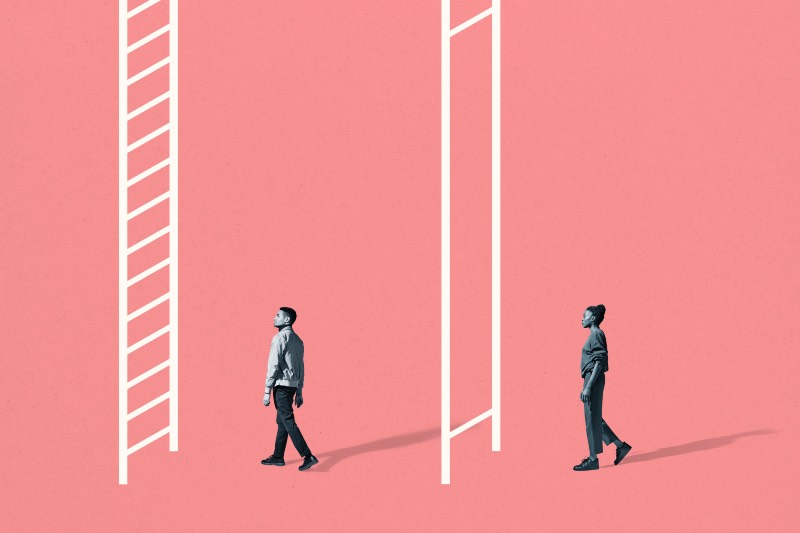
FAITH DOING JUSTICE
- Andrew Hamilton
- 08 April 2021
19 Comments
The debate about quotas based on gender has been well canvassed. The wider issues raised about merit and meritocracy, however, merit further reflection. Far in the background to both conversations lies a sophisticated body of reflection on merit among Christian theologians.
READ MORE 
-

RELIGION
- Andrew Hamilton
- 04 February 2021
68 Comments
The exchanges within churches echo trends in national life that heighten disagreements, lessen respect, and tend to confine conversation circles to people of similar views. People become annoyed if those opposing their views gatecrash their forums. This trend creates problems for Church sponsored publications.
READ MORE 
-

AUSTRALIA
- Anonymous
- 15 October 2020
7 Comments
‘You’ve got a bit OCD about all this handwashing, haven’t you?’ People say things like this all the time, to mock others’ habits and the routines they follow a little too closely. Usually, it’s not meant to be offensive. Just harmless teasing. But when I hear someone say something like this, it hurts. Because I actually have OCD.
READ MORE 
-
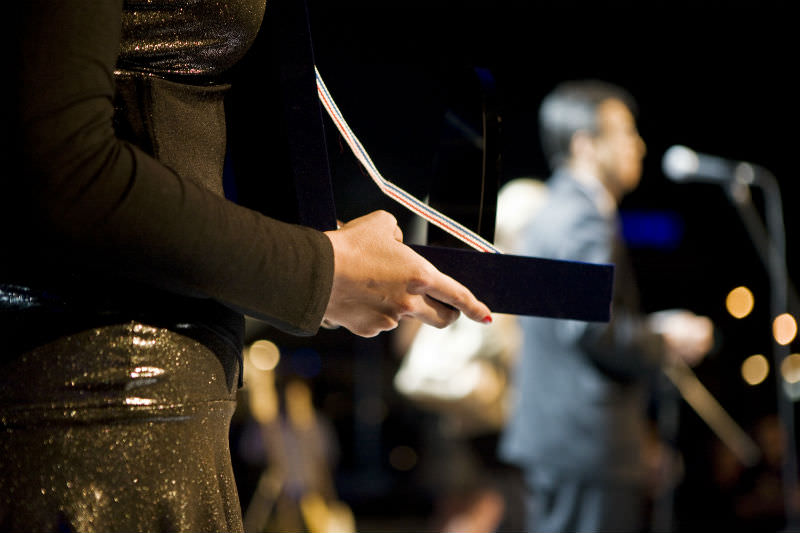
AUSTRALIA
- Andrew Hamilton
- 05 February 2020
7 Comments
The great significance of the change may lie in its confirmation that the churches no longer have the central place in Australian society they once enjoyed. This is now being reflected in public ceremonial. The public sphere is now more thoroughly secular and loosed from the moorings of its historical traditions.
READ MORE 
-
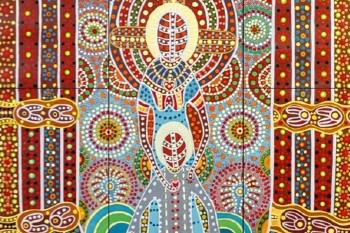
RELIGION
- Mike Bowden
- 03 December 2019
11 Comments
This would not be accepted by the extremist Catholics who threw an Amazonian indigenous icon of a pregnant indigenous woman into the Tiber River. But the Pope is right to honour the prior religious practises of the Amazonians, just as the Bishop of Darwin supports a process that has seen the development of Altyerre-Catholicism.
READ MORE 
-
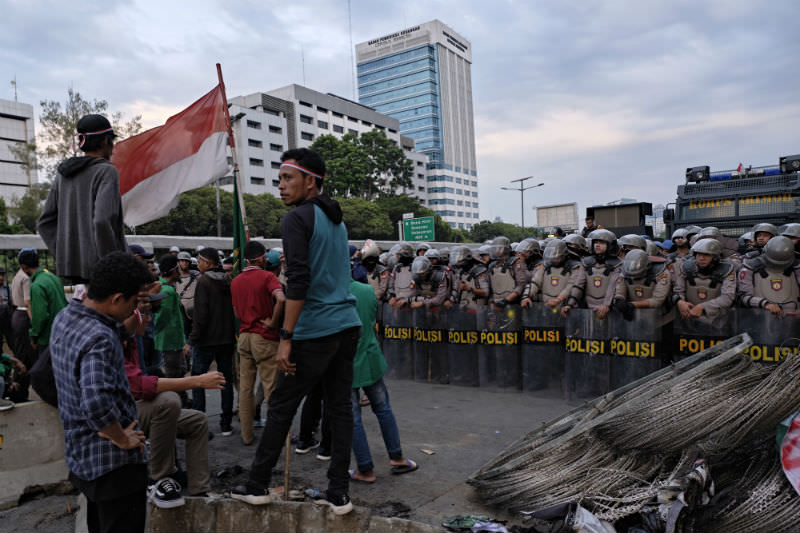
INTERNATIONAL
- Devana Senanayake
- 30 September 2019
4 Comments
With Widowo's decision to reconsider the proposed updates, policymakers should seek to initiate balanced and nuanced reforms that help liberal lifestyles and conservative values coexist. While appeasing the conservative portion of the electorate is a good tactic, ignoring a diverse electorate is a recipe for disaster in the long term.
READ MORE 
-

EDUCATION
- Stevie Troy
- 13 August 2019
12 Comments
This is the influence Christian schools retain under current legislation. Faith-based schools are given the right to maintain teachings around sexuality, but that shouldn't be given higher priority than students' wellbeing. It's why I fell through the gaps. It's why 13 years later I and the public health system are dealing with the consequences.
READ MORE 
-
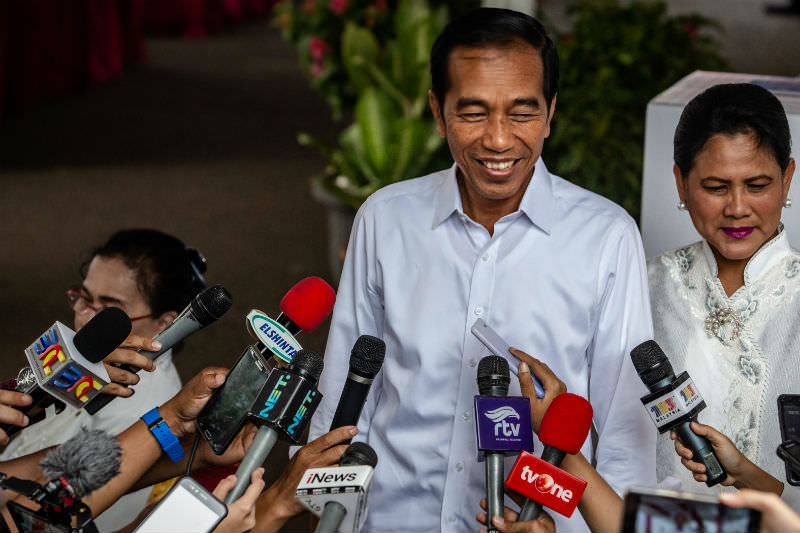
INTERNATIONAL
- Nicholas Bugeja
- 02 July 2019
7 Comments
Indonesian democracy has proven resilient to challenge and made inroads into combatting problems that have beset the country for decades. But a crossroads approaches. A failure to manage religious radicalism and intolerance, corruption, and other social tensions may imperil or destabilise this democratic epoch.
READ MORE 
-

RELIGION
- Andrew Hamilton
- 05 June 2019
11 Comments
The limitation of the Australian separation of religious language and symbols from those of the secular culture is that it leaves one poorly resourced for translation. The encounter of cultures is avoided in the interests of tolerance. Tolerance avoids bullying but can also discourage personal engagement in others' worlds.
READ MORE 
-

RELIGION
- Chris Middleton
- 07 May 2019
31 Comments
Folau is a lay minister in his church. There is no doubt that he, as an evangelical Christian with a literal understanding of the text, believes a whole lot of people will go to hell unless they repent. His sacking raises questions around important issues in a society that values diversity and that promotes inclusivity and tolerance.
READ MORE 
-

AUSTRALIA
- Andrew Hamilton
- 18 February 2019
33 Comments
This week the presidents of bishops conferences and representatives of religious congregations around the world will meet in Rome to reflect on responses to the sexual abuse of children To understand and evaluate the meeting, we should keep in mind its background and the different groups that have a particular interest in it.
READ MORE 